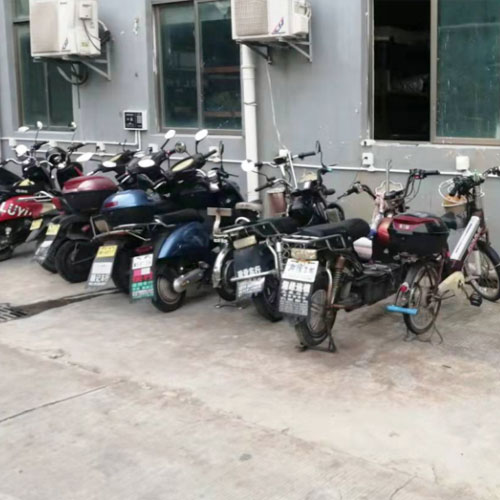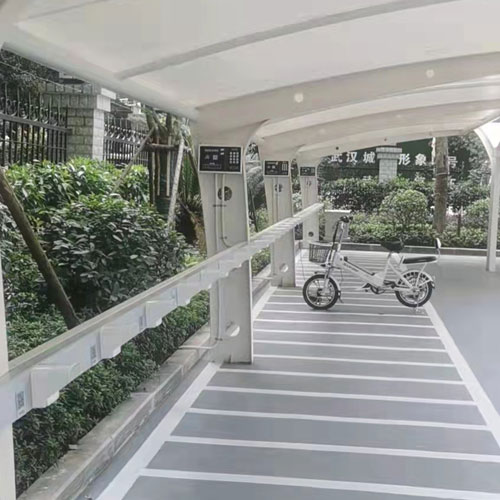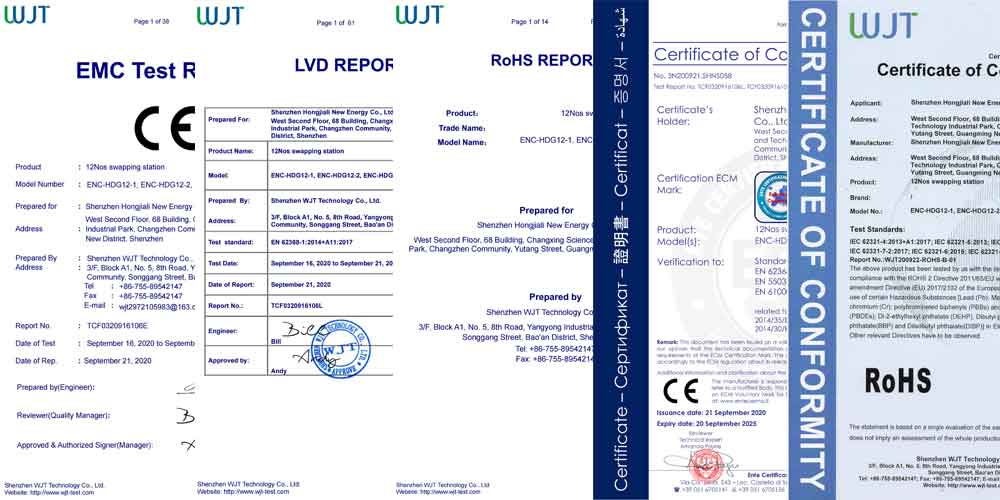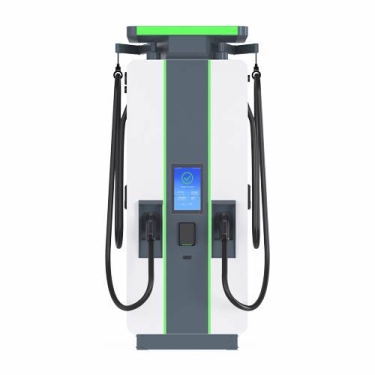Q1: Are you trading company or manufacturer?
A: We are a professional electric car charger manufacturer and source factory.
Q2: what is the lead time?
A: Usually, 15-20 working days to produce.
Q3: Can we ask you to print our logo into chargers? Can the color of the plug and wire be customized according to our requirements?
A: Yes. We support OEM/ODM production.
Q4: How about your product quality? What should I do if something goes wrong?
A: First of all, we sell our products for many years, and we have a professional engineering team in this field. Moreover, our products have been strictly inspected and repeatedly tested before leaving the factory, and the good and good rate of
the varieties has reached 99.98%. Finally, we have service providers in some areas, please contact us for more information
Q5: What is your quality control system?
A: Complete all incoming material inspection, process inspection, and final inspection; 30 test procedures will be done before the goods leave the factory, and charging test videos will be sent; products have CE, ROHS, FCC, UL, KC
certification.
Q6: Can I install the EV charger by myself?
A: Yes, but we suggest the user contact a professional electrician for installation to avoid potential safety hazards.
Q7:Why my charging power is lower than the specification?e?
A: Because during the charging session, a few factors will influence the output. Here is some potential reason:
①The BMS(Battery management system) of the car controls the charging session.
②The Max allowed current was set and limited through your APP.
For more details, please query us at sales@hjlcharger.com
Q8: How much time is required to fully charge my car using this charger?
A: The charging speed is determined by three factors working in conjunction: the On Board Charging (OBC) System, the maximum current allowed by the charging cable, and the EVSE. As an illustration, if the EV's maximum allowed power is
30KW and the battery capacity is 60KWh, it would take approximately 2 hours to charge the battery fully.
Q9: What is dynamic load balancing and why do I need that?
A: Dynamic load balancing is a technique that distributes the electrical load across multiple charging stations based on real-time demand. This helps prevent the electrical grid's overload and ensures that each charging station receives
appropriate power.
Dynamic load balancing technology can help distribute the available power among multiple EV chargers in real-time, optimizing available power and reducing the risk of overloading the grid. This can help prevent power outages and
reduce the need for costly grid upgrades.
Additionally, dynamic load Balancing can help reduce charging times and improve the overall charging experience for EV drivers, making it a valuable feature for both residential and commercial charging applications.
 +86 18924678741
+86 18924678741 sales@hjlcharger.com
sales@hjlcharger.com Shenzhen City, Guangdong Province, China
Shenzhen City, Guangdong Province, China











